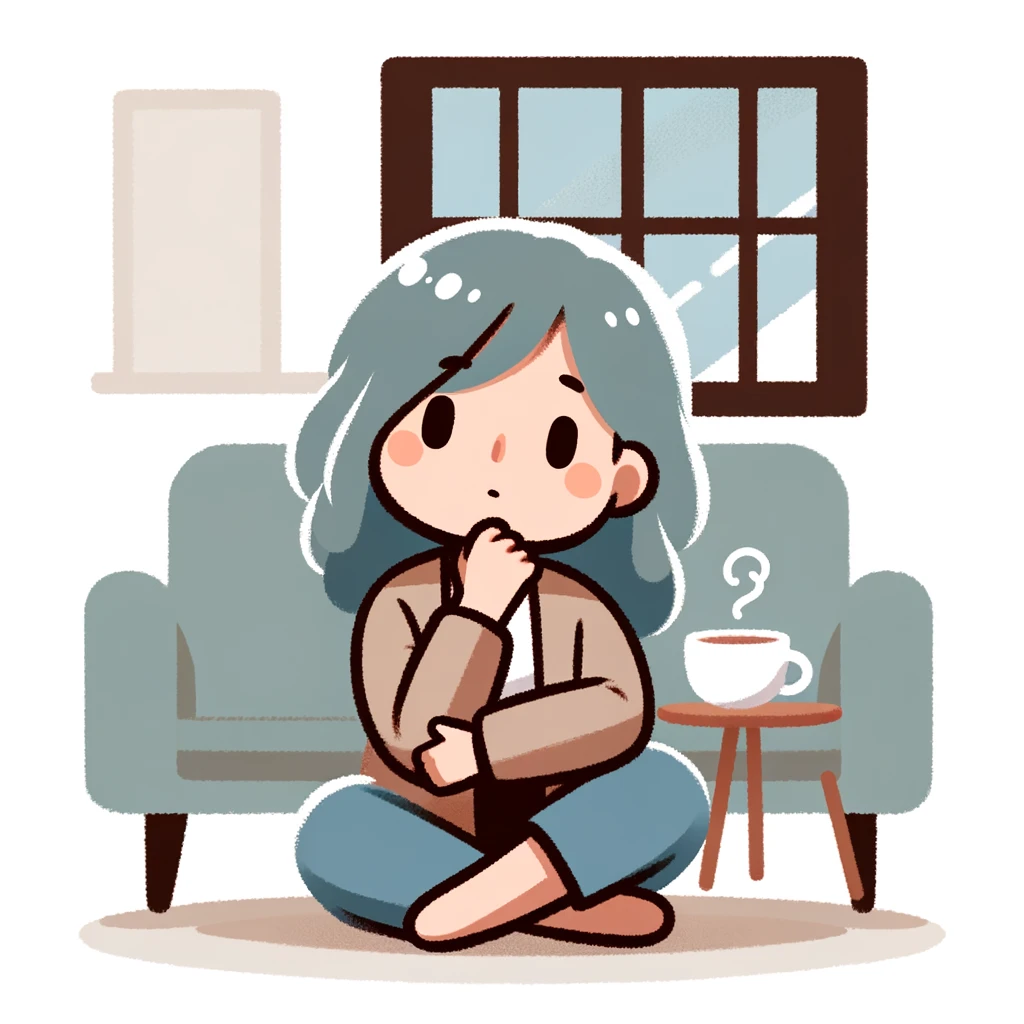Reclaiming Your Past Self: How to Cope with Grief After a Late ADHD Diagnosis
Table of Contents
Toggle
Coping with Grief After a Late ADHD Diagnosis: Reclaiming Your Journey
Introduction
Grief is often associated with loss, but it can also surface in unexpected ways—like when you receive a late ADHD diagnosis. For women diagnosed later in life, this can be an emotional whirlwind: relief, anger, sadness, frustration, and regret. These emotions stem from the realization of missed opportunities and misunderstood moments. Yet, this diagnosis offers a chance to reclaim your past and redefine your future. In this guide, we’ll explore how to process grief after a late ADHD diagnosis and provide actionable steps to help you move forward with self-compassion and hope.Step 1: Understand and Name Your Emotions
Identify What You’re Feeling
Grief can take many forms: regret, anger, or sadness. Take time to sit with your feelings, notice where they sit in your body, and name them. This mindfulness practice helps you connect with your emotions rather than suppress them. 💡 Why is this important? ADHD often comes with challenges in emotional regulation, making intense feelings overwhelming. Recognizing your emotions is the first step toward managing them. Learn more about ADHD and emotional regulation here.Validate Your Feelings
It’s okay to feel this way. Acknowledge that your emotions are valid and normal. Instead of judging yourself for having these feelings, practice self-compassion. Tell yourself, “I’m doing the best I can with the knowledge I have now.”Step 2: Navigate the Nonlinear Stages of ADHD Grief
Grief isn’t linear. You may move back and forth between these stages:- Denial: “Maybe I don’t really have ADHD.” Questioning your diagnosis is common, especially after years of feeling misunderstood or different.
- Anger: Feeling angry at missed chances or misunderstood behaviors? That’s okay. Allow yourself to feel this without judgment.
- Bargaining: “If I work really hard now, maybe I can make up for everything I missed.” This stage often involves setting unrealistic expectations as a way to regain control.
- Sadness: Sadness for the struggles and opportunities you’ve lost is a valid and necessary part of healing.
- Acceptance: Recognize how far you’ve come. Celebrate your strengths and the resilience you’ve shown in navigating life without the tools you needed.
Step 3: Find Healing Through Community
Join Supportive Groups
Connecting with others who understand your experiences can be profoundly healing. Look for communities tailored to ADHD women, such as:- Online forums or Facebook groups
- ADDA (Attention Deficit Disorder Association)
- Local ADHD meetups or creative workshops
Share Your Story
Your story matters. Whether through online posts, journaling, or storytelling workshops, sharing your journey can help you process your emotions and inspire others.Step 4: Cultivate Self-Compassion for Healing
Reframe Negative Self-Talk
When you catch yourself thinking, “I wasted so much time,” try replacing it with, “I did the best I could without the right tools.” Self-compassion involves:- Kindness: Be gentle with yourself as you grieve.
- Common Humanity: Recognize that everyone struggles in different ways.
- Mindfulness: Avoid over-identifying with negative emotions by staying present.
Find Humor in ADHD Moments
Laughing at small missteps—like misplacing your keys for the fifth time today—can lighten the emotional load. Humor helps foster self-compassion in a playful and accessible way.Daily Affirmations
Start your day with affirmations like:- “I’m learning to be kind to myself.”
- “My struggles don’t define me.”
- “May I be patient with myself during difficult moments.”
Step 5: Build Your ADHD-Informed Future
Set Small, Meaningful Goals
Focus on understanding yourself as a neurodivergent woman. Create a vision board with images, quotes, or symbols that represent your goals. Celebrate how your unique brain contributes to your strengths. 📚 Recommended Reading: Explore Sari Solden’s books, which offer insights and tools for ADHD women.Celebrate Your Wins
No matter how small, celebrate your achievements. Write down one thing you’re proud of each day to counterbalance grief with positivity.Creative Ritual for Healing
Try a ‘Releasing the Past’ ritual:- Write down missed opportunities and regrets.
- Tear, burn (safely!), or bury the paper under a tree.
- Reflect on how releasing these burdens feels.
Reflection Prompts
Take a moment to reflect on what you’ve read.- What emotions do I notice as I reflect on my ADHD diagnosis?
- How can I show myself compassion during this grieving process?
- What is one step I can take today to reclaim my story?




